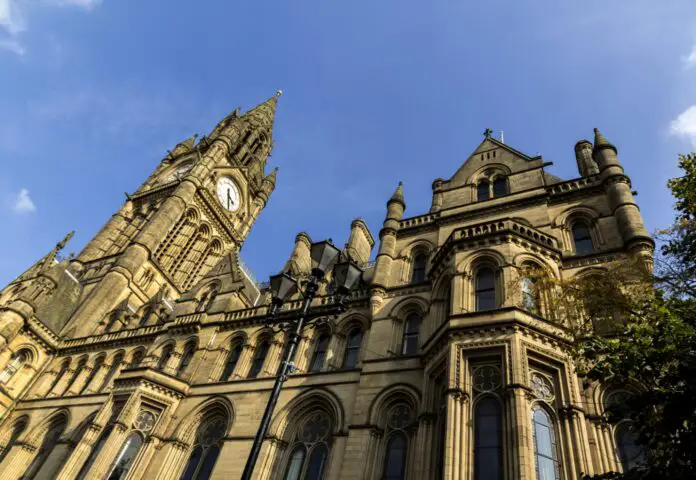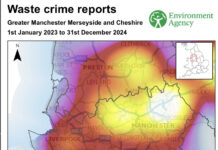Manchester City Council has launched a public consultation on £41.5m of savings options required over the next three years to address the Council’s challenging financial position.
Proposals to close the gap include increasing the contribution that people pay to go ito care homes and increasing car parking charges
The move comes after 14 years of austerity, unfair cuts and increased costs that the Council still faces a big budget gap between how much it predicts it will need to spend on services next year and how much funding it will have available.
It says that had it not had to make the savings it has since 2010, and had been funded for the pressures it has faced, the city would have £443 million a year more to spend on essential services.
Even if Manchester had received only the same level of funding cuts as the average English council it would be £75 million a year better off.
Measures in the new Government’s recent Autumn Statement may have improved the Council’s position for 2025/26 somewhat – and they offer grounds for future optimism – but the council won’t know its exact funding until the end of the year.
Manchester is still seeing a steep increase in the cost to us of care services. This means we are facing an in-year overspend for 2024/25– currently projected at around £20m – which will need to be addressed.
While this can be plugged using reserves, those reserves will then need to be replenished which will have a knock-on impact on the 2025/26 budget.
As things stand, the projected budget shortfall for 2025/26 is £29m, increasing to £77m by 2027/28 unless the gap can be closed through savings or further funding.
Of the £41.5m of savings options identified, the large majority – more than £33m – are through increased income generation (£20.3m) or efficiencies (£13.1m) – with only £2.3m of the options relating to service reductions.
The remaining £5.8m of options relate to transformation where savings will be generated through win-win service changes which promise to reduce the cost of services while improving the outcomes for service user
Among the proposals would be potential changes to how the Council charges for care to support people to stay in their homes so that those with the most assets pay the full cost of their Council care.
Historically Manchester’s policy has been more generous than other local authorities.
The council is also reviewing parking charges to align with those in privately-owned car parks with an estimated £1.5m income uplift in 2025/26,re-tendering the contract for Council-owned digital advertising screens, generating a predicted £1.35m over three years (£650,000 in 2025/26) and increasing the Fixed Penalty Notice fine for littering from £150 to £180 resulting in an estimated £75,000 extra income in 2025/26
The council is looking at reducing the number of families placed in temporary accommodation by entering long-term leases, saving £1.6m over three years and bringing single homeless people placed in temporary accommodation in other parts of Greater Manchester back into in-house temporary accommodation in Manchester, saving £555,000 over three years.
Meanwhile amongst cost saving ideas is reducing staffing levels in the Council’s Performance, Research and Intelligence team as improved IT and ‘self-service’ data and intelligence options for staff come online, saving £203,000 in 2026/27.
The consultation is asking Manchester people’s views on a council tax increase of up to 4.99% – a 2% precept to protect adult social care services, and a further 2.99% increase to invest in services for the most vulnerable and to help deliver on what people have told the Council matters most to them. The Government’s funding settlement calculations assume this level of increase.
Without the additional funding this increase would raise the Council would need to make £11.4m more cuts to services.
Council Leader Cllr Bev Craig said: “There’s no doubt that this is another tough budget-setting process which will involve some difficult decisions.
“We have done transformative work in areas such as social care, children’s services and homelessness to help people earlier and reduce the need for more costly support. Despite this, we are still seeing care costs surging in line with the rest of the country and will need to continue to innovate.
“All is not doom and gloom and I’m confident that despite the obvious challenges we are well placed to deliver. We have a clear focus on what we need to do. That means protecting frontline services which Manchester people rely on, from care services for those who need the most support to the everyday facilities which make our neighbourhoods good places to live such as libraries, leisure centres and parks.
“It also means continuing to make progress on long term missions to tackle poverty, build more affordable homes and help our residents through the current cost-of-living crisis.







